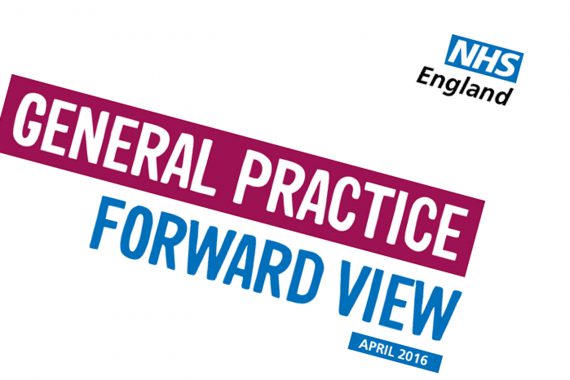Regional healthcare leaders given targets to boost GP numbers

NHS England has handed regional NHS leaders targets they have to meet to ensure the Government delivers on its wider GP workforce growth pledges.
This included NHS England Midlands and East giving local managers the brief to recruit over 1,300 GPs to make up their bit of the Government-pledged 5,000 extra GPs in England by 2020.
The letter, sent to heads of 17 sustainability and transformation plans (STPs) and published by NHS Herefordshire CCG, said they had to recruit 1,309 more FTE GPs for the area by 2020 ‘as part of the implementation of the GP Forward View‘.
It added that the target was ‘generated by balancing the requirement for under-doctored areas to gain more doctors and close the gap relative to other STPs, as well as all STPs sharing in the expansion requirement’.
It said: ‘The Midlands and East full-time equivalent numbers needed by the end of 2020 are 10,310 trained doctors in post compared to a baseline in September 2015 of 9,001 trained GP doctors in post. An expansion of 15%.’
The local targets range from 27 GPs in Shropshire and Telford and Wrekin STP, to 129 GPs in Black Country and West Birmingham STP, while Birmingham and Solihull STP is set a target of recruiting 103 GPs by 2020.
Responding to the targets, one local GP leader said the numbers set out were both ambitious and insufficient to meet demand.
Dr Robert Morley, executive secretary of Birmingham LMC and GPC contracts and regulation lead, said: ‘Even if 103 extra GPs were recruited, and that’s a very big if, this would still be a drop in the ocean compared to the massive increase in the general practice workforce required to even stand still and safely offer core services, let alone develop the capacity needed to cope with the massive future challenges.’
He added that an increase in headcount would still result in an overall decrease ‘compared to current clinical capacity’ because of ‘huge retention issues and the likely working patterns of the new workforce’.
A Pulse survey revealed earlier this year that only one in ten are willing to work eight sessions a week in practice, with a further one in ten willing to work seven.
The targets come as the Government launched a £100m international GP recruitment scheme, and has admitted that up to two thirds of the extra 5,000 GPs promised by 2020 could come from overseas.
A spokesperson for NHS England Midlands and East said: ‘The figures set out in the letter we sent at the start of August to our STPs proposed what our region’s contribution towards this would be.
‘Since then, we have been working with each STP to finalise those figures and their plans to deliver an expanded primary care workforce by 2020/21.’
A spokesperson from NHS England South added that all regions were set a target by NHS England and they are also discussions with their STPs to achieve these targets.
GPC lead on education, training and workforce Dr Krishna Kasaraneni told Pulse that the support for improving recruitment is ‘encouraging’, but added that ‘regional initiatives focused on recruitment are only part of the solution’.
He said: ‘We need a long-term, national approach that addresses the fundamental shortfall in funding for general practice as well as increasing levels of workload.’
Pulse October survey
Take our July 2025 survey to potentially win £1.000 worth of tokens










